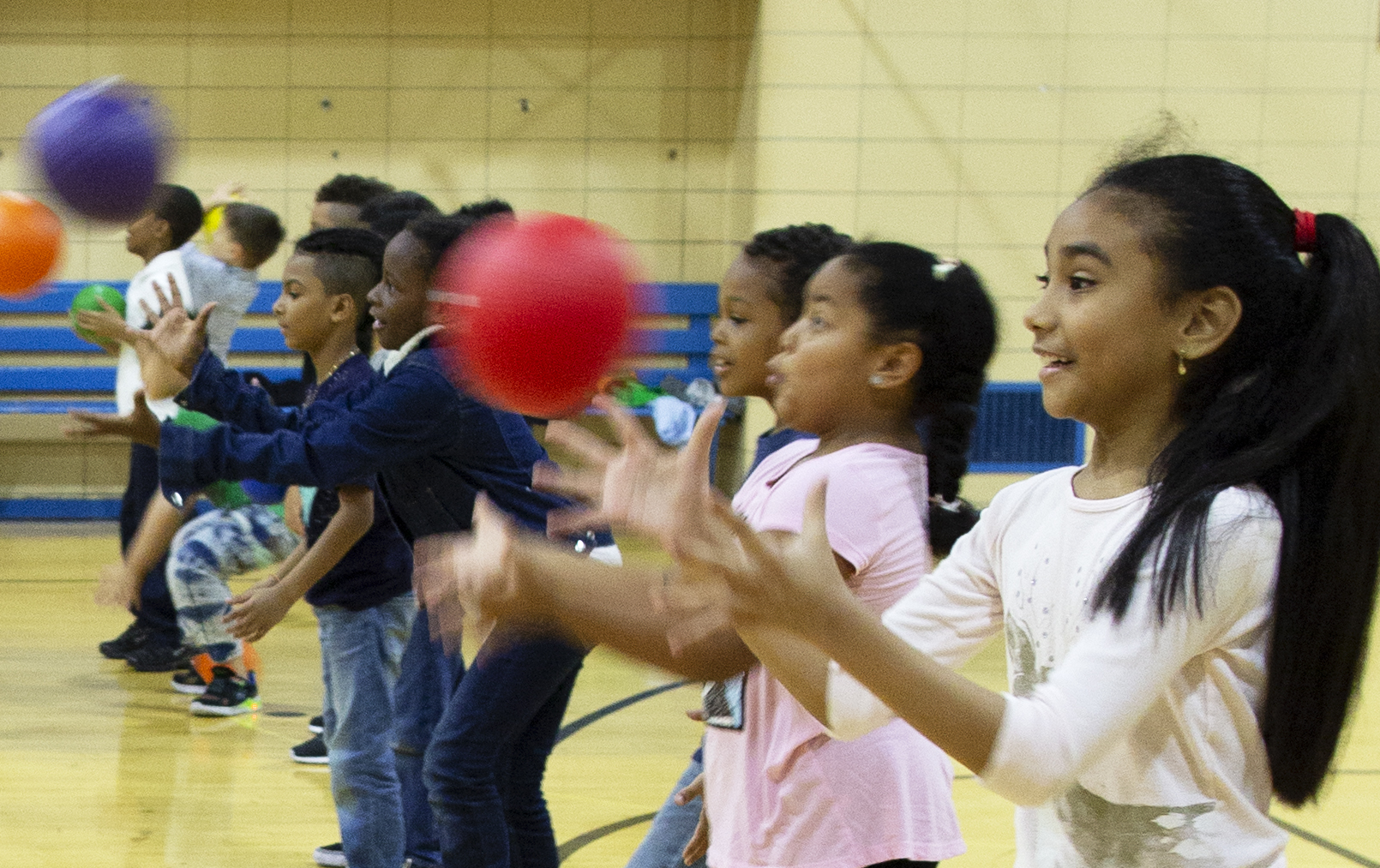It will be a new dimension at this year’s sixth annual Reimagining Education: Teaching, Learning and Leading for a Racially Just Society Summer Institute (better known as RESI), scheduled for July 12th to 15th: “Policy Upside Down Day,” an added day on July 16th, in which decision-makers will listen and learn from on-the-ground educators.
The research that will inform Policy Upside Down Day has been funded by the Booth Ferris Foundation.
Foundation funding is vital for Teachers College, bringing in approximately 30 percent of its annual fundraising revenue. Foundations partner with TC by supporting a wide variety of research projects, student scholarship initiatives, diversity and equity initiatives, professional development and training programs, capital needs and much more, helping the College remain at the cutting edge in its fields of study. In recent years, foundation thought leaders have advanced their impact through such initiatives as increasing support for general operations and pivoting to respond to such national and global crises as racial injustice and the COVID-19 pandemic.
“TC welcomes the opportunity to partner with organizations that share our vision of a smarter, healthier, and more equitable and just world,” says Charlisa Garg, Director of Corporate & Foundation Relations. “We seek to promote mutually beneficial, long-term relationships and strive to build strategic partnerships for the College.”
The College’s partnerships with both the Booth Ferris Foundation and the Myers Foundations — created by the late Colonel Eugene E. Myers (M.A. ’47) and his wife, Florence — stand out for enabling TC programs to stay current with rapidly evolving disciplines, despite the challenges of the pandemic.
The Booth Ferris Foundation provided start-up grants in 2015 and 2016 to launch The Public Good, an outreach organization based at the College that is dedicated to diversity in public schooling, as well as RESI, an annual professional development conference where teachers work on strategies for fostering racial literacy. This year, the foundation offered a $100,000 grant without restrictions to allow the programs to adapt to circumstances changed by the COVID pandemic.
“To have funding of this kind really allows you to adapt to changes in the field,” said Professor of Sociology & Education Amy Stuart Wells, RESI’s founding director, who also directs the Public Good and the Center for Understanding Race and Education.
Wells is using the unrestricted grant to interview some of the 1,200 participants in last summer’s institute. She wants to understand how they are implementing what they learned despite the constraints created by the pandemic and how they are faring in their efforts to sway policymakers to adopt anti-racist curricula.
“We want to know — once they come to the institute and learn the techniques and the skills that they need to provide anti-racist education — what is it in their districts and their local communities that makes doing the work difficult?” she says. “We need this research from the educators so we can speak to local policymakers about things they should be doing at the district level to help make change.”
Wells plans to interview as many as 70 educators for her study and expects to publish her results. Policymakers will also be presented with the findings at RESI’s Policy Upside Down Day. “Rather than top-down policy-making, our goal will be to get decision-makers to listen to the people doing the work and build the policy from that,” she says.
The Myers Foundations have supported both TC’s Art & Art Education program (including its Macy Art Gallery) and Gottesman Libraries since the 1990s. The Foundations’ grants have enabled exhibitions, lectures and the development of state-of-the-art digital technologies.
“The support has been very important because it has allowed our program to update itself year by year and be current with everything that’s going on in terms of art education,” says Judith Burton, Macy Professor of Education.
One innovation supported by the Myers Foundations was the creation of TC’s Fab Lab (fabrication laboratory) or “Thing Space,” where students work across digital media, electronics, wood, metal and fabric.
The Foundations’ support also has underwritten lectures and symposia featuring artists, art educators, curators, critics and other professionals in the arts and humanities from across the nation and around the world. One annual symposium, Conversations Across Cultures, has featured participants from Mexico, China, Vietnam, Australia, India, Pakistan and nations in Europe. The 2020 symposium — the first virtual iteration of the event — was titled “Shaping Priorities: The Arts and Community Engagement.” Speakers addressed the current movement among artists and educators worldwide to seek new, extra-institutional and collaborative venues for their work.
And then, of course, there is the Macy Gallery, which over the years has hosted exhibitions that run the gamut from work by world-famous artists such as Georgia O’Keeffe, Ad Reinhardt and Christo to creations by local school children and community artists.
“The Myers funding has allowed us over the years to rehab the Macy Art Gallery,” Burton says. “We installed new lighting and introduced overhead projectors into the gallery and also our studio spaces. Ultimately, we have been able to evolve more fully into the digital age, which is absolutely terrific for our students.”
